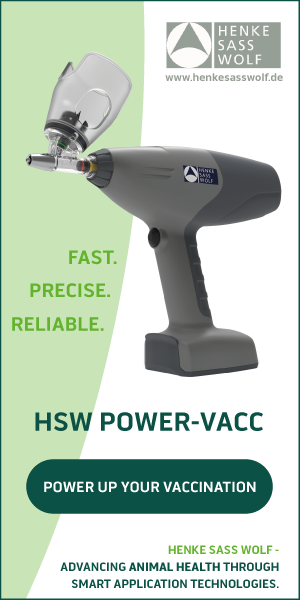Bühler has received the UK’s most prestigious innovation award – the Queen’s Award for Enterprise – for its optical sorting technology
In an official ceremony yesterday, in which the award was handed over by John Barber, representative Deputy Lieutenant for London Borough of Newham. Johannes Wick, Bühler Group’s CEO for grains and food, said, “This breakthrough technology will make the difference for us in the market for years to come. What are now in reach are applications to grade raw materials for composition and to remove invisible contaminations. This will be a major contribution to provide healthy and safe nutrition around the world.”
The Queen’s Award could be described as the UK’s “Innovation Oscar,” which this year acknowledges the leading technology position of Bühler. It is the highest award for British businesses which have excelled in the fields of international trade, sustainable development or innovation. This is the seventh Queen’s Award Bühler UK has won since 1968. This year’s win is in recognition of Bühler’s development of a unique camera technology used in sorting machines, capable of recognizing the subtlest of colour and shading contrasts in materials and foods, thereby significantly increasing detection rates for foreign materials, potential choke hazards, or contaminated foods.
“Bühler are old hands at receiving these awards. After my first visit to the factory, I could see why they have been constant winners. They have such a high standard of skills and technology, and are leaders in being good employers, as well as producing such high-quality products,” said John Barber, representative of Her Majesty The Queen.
He handed the award to Bühler’s Timothy Kelf, head of sensor development. “The fact that we have been so successful in a number of different market segments with this technology shows the strength and depth of our capabilities in cutting-edge technologies,” said Kelf, who received the Queen’s Award together with senior research engineer Ben Deefholts. With their team, both have been instrumental in bringing this innovation to the market.
The technology is being used by food producers in Europe and the USA. They report an increase in detection rates of foreign materials by 10 per cent, from 85 per cent to 95 per cent. A single Sortex optical sorter can control up to 150,000 single grains or 15,000 peas per second with a capacity of 12 tons per hour, securing highest food standards.
Bühler technology used across customers
Bühler’s PolarVision uses the industry-leading camera technology for the frozen vegetable market. Its technology can detect even the most challenging foreign material in frozen vegetable production lines. Ardo, one of the world’s largest producers of fresh-frozen fruit, vegetables and herbs, has introduced PolarVision in its European sorting plants. “In our experience, PolarVision technology is one of the best digital-vision technologies when it comes to detecting foreign materials in the industrial frozen vegetables process. It’s a jump forward”, said Steven Van Engelandt, Ardo’s group project engineer. While the technology has so far been applied to detect foreign materials, future developments will also be able to detect mycotoxins and even pathogens.
The Bühler camera technology is being used to detect lower-grade or discoloured polymers to ensure the highest grade recyclate can be achieved by plastic recyclers. By detecting such high rates of contamination, it is now possible to produce food-grade plastic packaging from 100 per cent recycled material, cutting the need for virgin plastic production and levels of plastic being sent to landfill.
One of the criteria for a Queen’s Award is that the technology should be innovative, scalable, commercially viable and it should have resulted in a material improvement to a commercial process. Since the introduction of the Sortex E optical sorter using BioVision technology, sales of Bühler sorting solutions into the nut sector have doubled.





